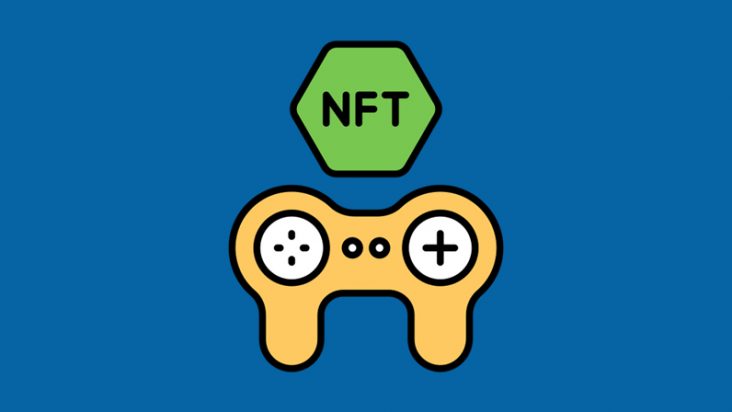
As the gambling industry continues to expand, operators face the dual challenge of ensuring profitability while upholding ethical standards. Responsible gambling has become a cornerstone of industry practices, but the path forward is fraught with complexities. This article explores the key challenges and future directions in achieving a balance between business success and player protection.

Balancing Profitability and Responsibility
Striking a balance between profitability and responsibility is a persistent challenge for gambling operators. While the industry relies on high player engagement for revenue generation, excessive or irresponsible gambling behaviors can lead to significant reputational and regulatory risks. Companies must implement strategies that prioritize player safety, such as developing tools for self-exclusion, deposit limits, and real-time behavioral monitoring.
Successful operators will adopt a long-term view, recognizing that sustainable profitability stems from fostering trust and loyalty among their customer base. By integrating responsible gambling initiatives into their core business strategies, companies can maintain their financial performance while mitigating the social harms associated with gambling.
Detecting and Addressing Problem Gambling
Real-time detection and intervention for problem gambling remain critical yet complex challenges. Advanced monitoring systems are essential for identifying risky behaviors, but technological and operational barriers often hinder their effectiveness. For instance, integrating data from diverse platforms and jurisdictions can pose significant difficulties.
Operators must invest in scalable, data-driven technologies to detect signs of problem gambling early. Machine learning and predictive analytics are increasingly being used to analyze player behavior patterns and flag potential risks. However, these systems must be complemented by robust human oversight to ensure accurate and empathetic interventions.
Furthermore, advertising networks are starting to take a more active role in promoting responsible gambling. For example, Google has begun to limit the ranking of gambling-related advertisements, ensuring they meet specific compliance standards. Additionally, banks and tax authorities are increasingly scrutinizing gambling transactions to curb harmful behaviors and ensure compliance with financial regulations.
The Role of Emerging Technologies
Emerging technologies such as blockchain and artificial intelligence (AI) are poised to transform the landscape of responsible gambling. Blockchain can enhance transparency and trust by enabling secure, immutable records of player transactions, ensuring compliance with regulatory requirements. Meanwhile, AI can provide personalized interventions, tailoring responsible gambling tools to individual player profiles.
An excellent example of these advancements is BetBuddy, a state-of-the-art safer gambling analytics platform. BetBuddy helps operators protect players by analyzing behavioral patterns, supporting responsible player engagement, and streamlining compliance efforts. Additionally, AI-powered chatbots can engage with players exhibiting risky behaviors, offering support and guidance in real-time.
These technologies not only mitigate problem gambling but also improve operational efficiency. As they mature, solutions like BetBuddy and blockchain-based identity verification will likely become standard features of responsible gambling strategies.
Evolving Consumer Behavior
Another critical trend shaping the future of responsible gambling is the evolving behavior of consumers. With experience, players become more knowledgeable, understanding what they need and what games align with their preferences. This increased awareness creates a demand for higher transparency and tailored offerings, pushing operators to refine their services and ensure ethical practices.
Influencers are also playing a pivotal role in shaping consumer behavior. Influential creators like Coffeezilla (the channel aimed on the exposing scams) exemplify how influencers leverage their platforms to inform and guide audiences. These partnerships highlight the growing trend of using trusted voices to promote responsible gambling practices.
Evolving Regulations and Anticipated Trends
The regulatory landscape for gambling is continually evolving, driven by societal concerns and technological advancements. Governments worldwide are introducing stricter measures to address problem gambling, ranging from advertising restrictions to mandatory spending limits.
Operators must remain agile to navigate these changes, proactively aligning their practices with emerging standards. Anticipating future trends, such as the growing emphasis on data privacy and ethical AI use, will be crucial. Collaborative efforts with regulators, non-profits, and industry stakeholders can also help shape balanced regulations that support both player protection and industry innovation.
Conclusion
The future of responsible gambling lies at the intersection of technology, regulation, and ethical business practices. By balancing profitability with responsibility, investing in advanced monitoring systems, and embracing emerging technologies like BetBuddy, operators can rise to the challenge of creating a safer gambling environment.
As regulations evolve and societal expectations grow, the industry’s ability to adapt will determine its long-term sustainability and success. Trends such as the increasing control by advertising networks, the evolving sophistication of consumers, and the influence of key opinion leaders underline the need for continuous innovation and collaboration. Through these efforts, responsible gambling can become both a moral and economic pillar of the gambling industry.








